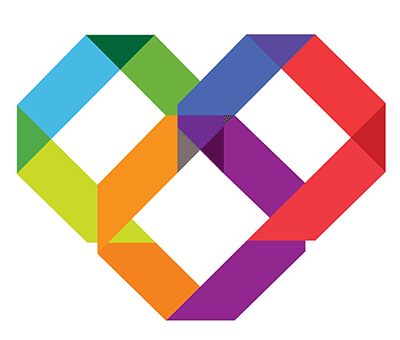Introduction
In an increasingly digital world, the realm of charitable giving is undergoing a remarkable transformation. The advent of digital currencies, most notably cryptocurrencies like Bitcoin and Ethereum, has presented a groundbreaking opportunity for philanthropy to evolve and make an even greater impact. This article delves into the realm of charitable giving using digital currencies, highlighting the benefits, challenges, and the potential they hold in revolutionizing the way we support causes dear to our hearts.
The Rise of Digital Currencies in Charitable Giving
Digital currencies have rapidly gained prominence, not only as investment vehicles but also as tools for social change. Traditional charitable giving often involves intermediaries and administrative costs, which can diminish the overall impact of donations. Digital currencies, operating on decentralized blockchain technology, offer a unique solution by enabling direct peer-to-peer transactions, thereby minimizing the need for intermediaries and reducing associated fees.
Benefits of Charitable Giving with Digital Currencies
Transparency: One of the most significant advantages of using digital currencies for charitable donations is transparency. Every transaction made using a blockchain-based currency is recorded on an immutable public ledger, providing an open and traceable trail. Donors can rest assured that their contributions are being utilized as intended, and organizations can demonstrate their financial accountability to their supporters.
Global Reach: Digital currencies transcend geographical boundaries, allowing donors to support causes around the world without the hassles of currency conversions or international transfer fees. This capability enhances the reach of charitable organizations, enabling them to receive donations from a global audience.
Reduced Costs: Traditional payment methods often involve intermediary banks, currency conversion fees, and administrative overheads. Digital currencies significantly reduce these costs, ensuring that a larger portion of the donation reaches the intended beneficiaries.
Empowerment: Digital currencies empower both donors and recipients. Donors have complete control over their funds, and recipients can access the resources directly, eliminating bureaucratic delays and intermediaries.
Inclusivity: Cryptocurrencies can be accessed by anyone with an internet connection, making them an inclusive option for donating. This opens doors for contributions from people who may not have had access to traditional banking systems.
Challenges and Considerations
While the potential benefits of charitable giving using digital currencies are promising, there are some challenges and considerations to keep in mind:
Volatility: Cryptocurrency markets are known for their volatility. The value of a digital currency can fluctuate dramatically over short periods, which might impact the value of donations made in these currencies.
Regulations: The regulatory landscape surrounding cryptocurrencies is still evolving in many jurisdictions. Charitable organizations must navigate these regulations to ensure compliance and transparency.
Technical Barriers: While digital currencies have become more user-friendly, there is still a learning curve for many potential donors who are unfamiliar with blockchain technology.
Security Concerns: The security of digital wallets and transactions is crucial. Donors and charitable organizations need to implement robust security measures to prevent unauthorized access or loss of funds.
Examples of Charitable Initiatives Leveraging Digital Currencies
CryptoRelief: In the wake of natural disasters, CryptoRelief has been at the forefront of using cryptocurrencies to provide immediate assistance. They have successfully raised funds in digital currencies to aid disaster-stricken regions.
Charity Token: Our Company are the ONLY digital currency based application for Charities in the World. While there are alot of dApps created to accept cryptocurrencies, ours is the only fully-fledged mobile application that can be used to distribute funds in a transparent way.
UNICEF Cryptocurrency Fund: UNICEF became one of the first United Nations organizations to accept cryptocurrency donations. They have launched a Cryptocurrency Fund to support open-source technology projects benefiting children worldwide.
How to Get Involved
Educate Yourself: Before engaging in charitable giving with digital currencies, take the time to understand the basics of blockchain technology and how different cryptocurrencies work.
Choose Reputable Organizations: Ensure that the charitable organization you wish to support has a track record of transparency and accountability. Research their initiatives and financial practices.
Consult Experts: If you're new to cryptocurrencies, consider consulting with financial advisors or experts who can guide you through the process of acquiring, storing, and donating digital currencies.
Spread Awareness: Share your positive experiences of donating with digital currencies with friends and family to encourage wider adoption of this innovative approach to philanthropy.
Conclusion
The marriage of digital currencies and charitable giving holds the promise of transforming the landscape of philanthropy. With benefits like increased transparency, global accessibility, and reduced costs, cryptocurrencies have the potential to revolutionize how we contribute to causes we care about. While challenges exist, the momentum behind using digital currencies for good is growing, as exemplified by organizations already leveraging this technology to make a meaningful impact. As we move forward, an increasing number of individuals and organizations are likely to explore the immense potential of digital currencies in changing lives and fostering positive change on a global scale.



